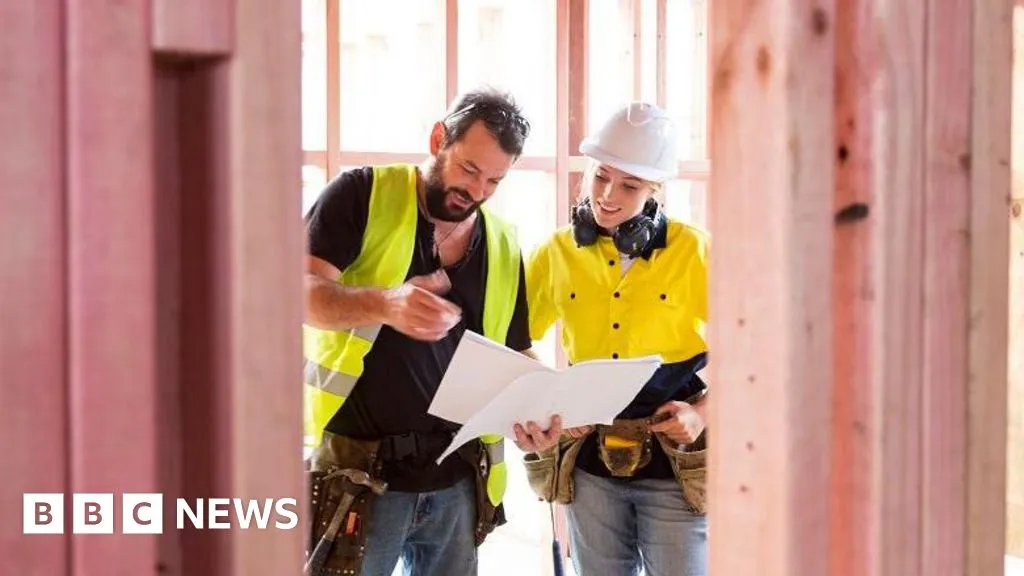- cross-posted to:
- europe@lemmy.ml
- bbc@rss.ponder.cat
- cross-posted to:
- europe@lemmy.ml
- bbc@rss.ponder.cat
In an average working day, Claudia Bowring has to play the role of detective, estate agent, family mediator and, occasionally, grief counsellor.
She’s an empty homes officer for a borough council in the suburbs of Nottingham.
There are just short of 700,000 empty and unfurnished homes in England, according to the most recent government figures, external. Of those, 261,471 are classed as “long-term empty,” meaning no-one has lived there for six months or more.
If all empty homes were brought back into use, the housing crisis would be solved at a stroke and, arguably, the government would not have to build 1.5m new homes.
Unfortunately, it’s not as simple as that. Bringing derelict and abandoned properties back to life can be a long and complex process.
Even finding out who owns properties that have been standing empty for years, or in some cases decades, can be a challenge.
…
When persuasion fails, the gloves come off.
Like many local authorities, Conservative-controlled Rushcliffe charges extra council tax on homes that have been unoccupied for more than a year, under the Empty Homes Premium brought in by the previous government.
If that doesn’t do the trick, the council can take enforcement action.
It treats abandoned properties as an environmental health issue - derelict properties can be a magnet for vandalism and vermin, harming the quality of life for people living next to them.
In some cases, the council is able to carry out emergency repair work on abandoned homes, and then force a sale at auction to recover its costs. This sometimes results in a windfall for the owners who were so reluctant to sell up in the first place.
Another tool at the council’s disposal are Empty Dwelling Management Orders, which give councils the right to take over and make repairs to run-down private properties that have been vacant for at least two years. They can rent the property out for up to seven years to recover costs.
…
But it does not have to do this. There is no legal requirement for local authorities to bring empty homes back into use – and some councils choose not to.



Make short term rental illegal, 100% tax on empty house, boom crisis solved
Making short term rental completely illegal is not a good idea as it would impact on local tourism etc, but they should allow (or force) councils to limit licences for short term rentals to a certain percentage of housing.
There’s hotels for tourists
I wouldn’t visit.
I have two children, and the number of hotels where I can get joining rooms so I dont have to actually share with them is basically zero.
It didn’t prevent tourists from visiting before so I’m sure you would just learn to live with it.
Anyway, short term rental and the abundance of tourists compared to locals caused by short term rentals actually hurts the local economy because it drives out people who are present 24/7 and need non tourist oriented services.
And thats fine. I’m just letting you know how I feel about this.
Banning short term rentals is one thing, but can we please at least request that hotels fill the gap that this creates?
Why stop at short term?
Because some people don’t want to own the place they live in? Heck, I’m one of those, I moved far from where I used to live but knew that it might be temporary (two years max) so you’re saying I should have been forced to buy and be stuck selling it two years later in order to be able to buy something else back home?